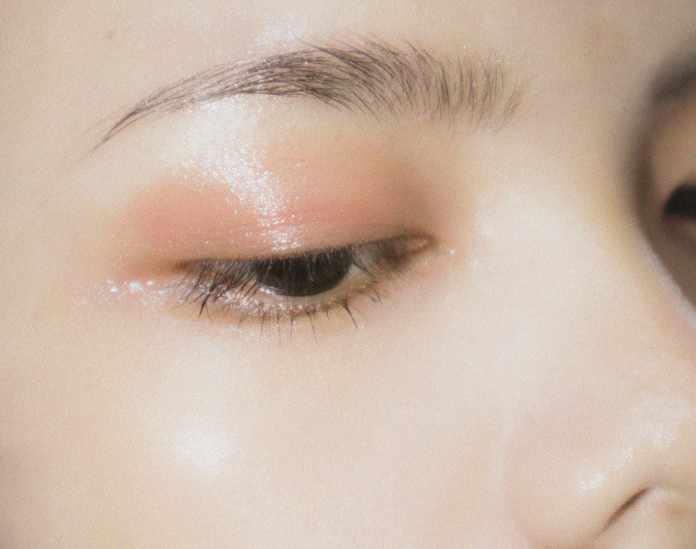The journey to good skin is often paved with advice focusing on finding the right skincare products. This is, of course, important to have. But sometimes, they don’t answer all your skin issues. Keep reading to find what are the habits you should change for hydrated skin.
Everyday Habits that aren’t necessarily bad are possibly getting in the way of clear skin. Take your shower habits, for example. This little thing can be what’s keeping you from looking fresh and clean.
Table of Contents
Five Bathing Habits to Stop
Showering is a therapeutic activity after a long, tiring day. While they are necessary for keeping your hygiene routine, you might have practices that are working against your skin. Take a look at this list to see what you can change about your Habits for Hydrated Skin!
1. Showering in Hard Water
Hard water has high levels of calcium and magnesium. These minerals make the water safe for use, but they can dry out the skin and clog pores, especially if you shower for too long.
The mineral buildup caused by hard water can also cause your appliances and pipes to wear down at a much faster rate. To prevent an even bigger problem, make sure you consult with a plumber to see if hard water has damaged any of your pipes.
You can get rid of these skin and piping issues using a water softener in your water system. This uses salt to modify the properties of water, making it gentler for the skin. It also makes water use more efficient by preventing blockages in your pipes caused by minerals.
2. Overly Hot Showers
Scalding showers are extremely relaxing. The unfortunate truth is that having the water temperature too high while bathing draws moisture out of the skin. The dehydrating effects may even be aggravated by cold weather.
To prevent dehydration, turn the nozzle down from hot to warm. Maximize the cleanse by taking a warm shower and then splashing your face with cold water to tighten your open pores.
3. Washing with Harsh Cleansers
A mindset shift is first in order. Body washes and soaps should encourage hydration on your skin, not strip it of moisture.
Traditional soap and body wash in the market may be irritating to dry skin in particular. Chemicals found in so-called antibacterial soaps may also be harmful to your skin with regular use.
Reintroduce moisture to the skin by using hydrating body washes and soaps. But try out different brands before you settle on one! Your skin is unique, so the friendliest wash for it may vary from what works on others’.
4. Overusing Loofahs
The feeling of scrubbing the dirt and grime from the day off of your body is pretty satisfying. Your skin may beg to differ.
The overuse of loofahs in the shower doesn’t just irritate your skin and make it oversensitive. If not laundered regularly, they can house bacteria that transfer to your skin while your pores are open. Once you leave and your pores close, the bacteria can be trapped inside.
Expert opinion says that the best tool for cleansing in the shower is your own two hands. Using your hands to wash minimizes the possibility of infections by not irritating your skin.
5. Not Moisturizing After Showering
The process of showering naturally strips some moisture from your skin. Hot showers in winter do this all the more. By not using a cream or lotion, you leave your body even more vulnerable to irritation from dryness.
Using a body lotion will trap moisture in your skin and directly battle the threat of dryness. The benefits of body lotion don’t have to end in moisturizing, however. Many body lotions offer additional perks, such as anti-aging qualities, sun protection, or a pleasant fragrance.
Troubleshooting Skin Problems
Just because you’ve addressed your bad Habits for Hydrated Skin doesn’t mean that the skin worries magically go away. Give your skin time to recover from the stress. In the meantime, help it out through other areas in your life.
Some practical must-dos are to drink more water, eat less junk food, and have a good, regular sleep schedule. Reassess your skincare regimen, too. Read the ingredients on the products you’re currently using and see where you can introduce more hydrating elements.



















